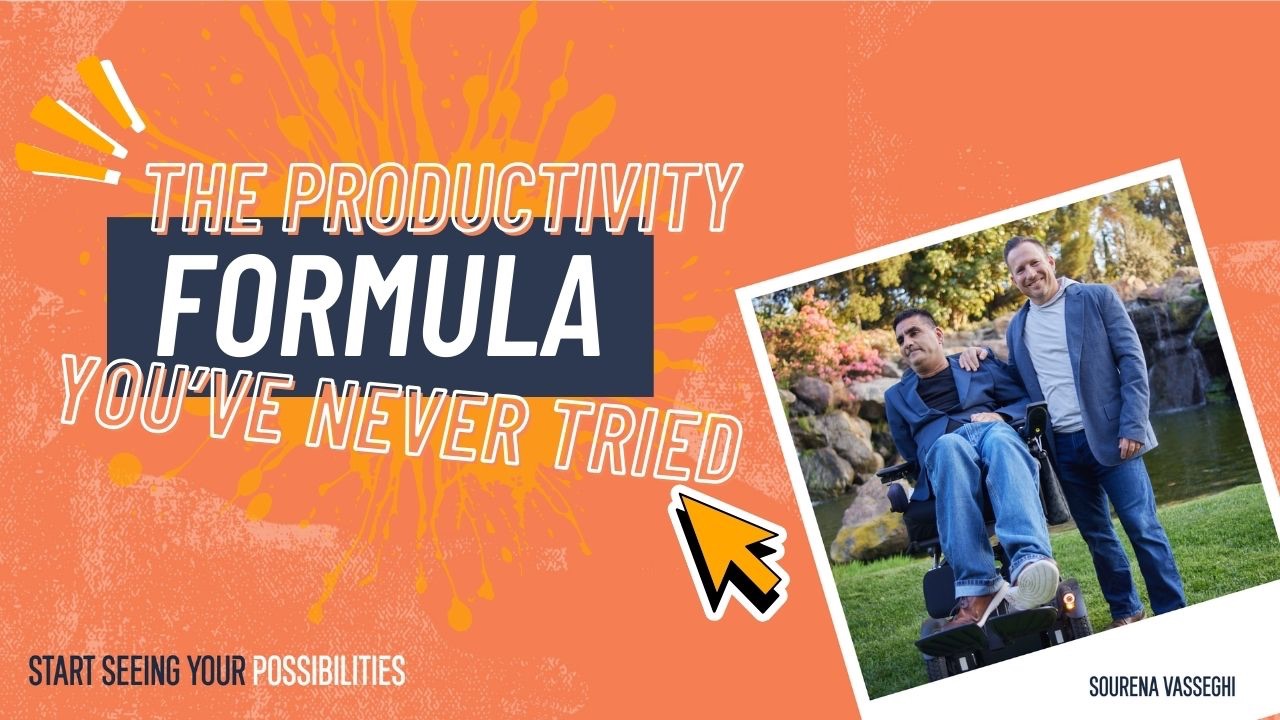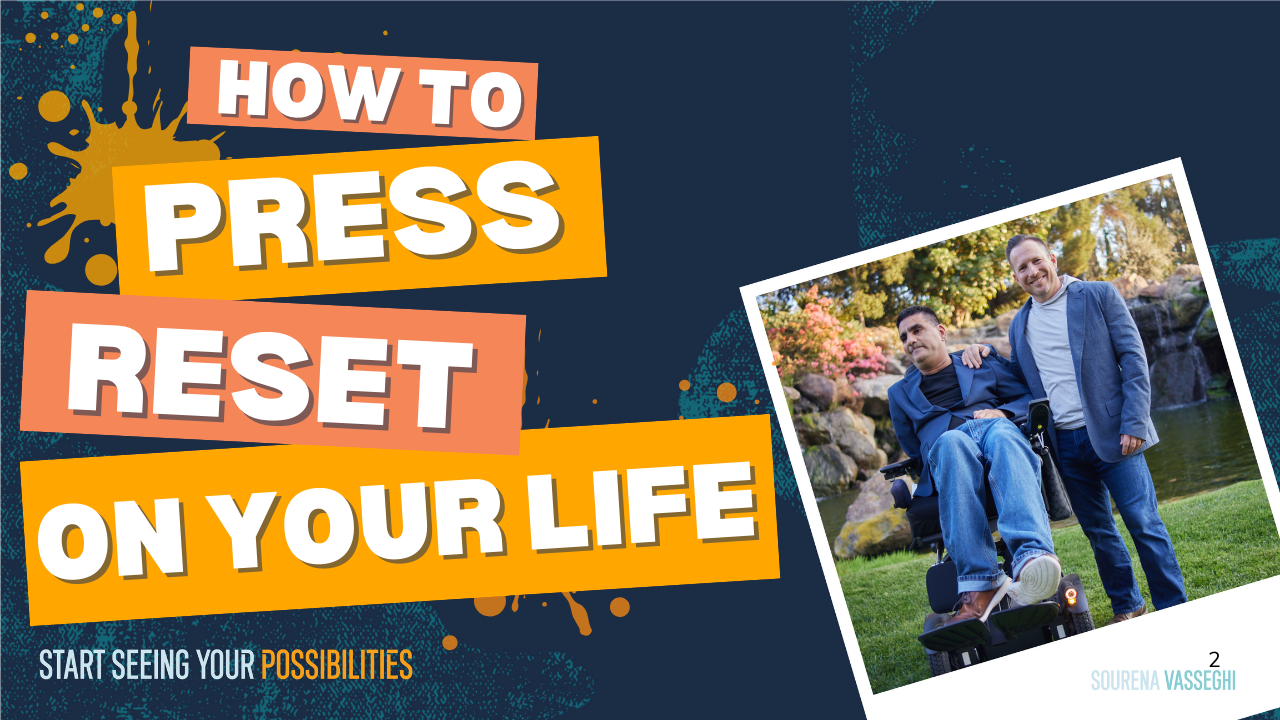Conquering the Learning Curve: From Hesitation to Becoming a Published Author

How can you take the next step if you don’t know what the next step looks like? Information is critical for success. Without it, we are like babes in the wood, vulnerable to the caprice of life’s changing circumstances and the intentions (good or bad) of other people. For this reason, gathering the right information should be the number one priority for anyone chasing success.
In the Information Age, knowledge is perhaps the most important single factor since linking disparate facts together in novel ways is the only way to stay ahead. Unfortunately, many people have a negative view of learning. When you suggest reading a book or attending a class, they instantly flashback to their childhood and are stunned into passivity by images of sitting bored in school while the teacher drones on and on about 17thcentury art. Is there any wonder why they turn on Netflix instead of pick up a book?
Learning takes time, energy and money. The process will have many uncomfortable moments and it’s long and tedious. It can also feel overwhelming, especially at the early stages because you will no doubt have more questions than answers. At these early steps, it’s easy to convince yourself that learning simply isn’t for you. But that would be a mistake.
Throughout my life, I have had many challenges with climbing the learning curve. In the spring of 1998 while attending community college, I was given an assignment to write an essay about my life. At that time, I had no interest in writing (which is strange considering my life today). But putting pen to paper turned out to be a hugely cathartic experience. I was full of untapped emotions, and the process of writing helped my mental health.
22222
About two years later, I told my favorite professor at USC, Jim Ellis, that I wanted to upgrade that first essay into a full-size book. He agreed it was a good idea and introduced me to his close friend and Hollywood screenwriter Jay Lavender. After I graduated, Jay and I started writing that book together but neither of us were satisfied with the outcome. There was something off about it. For whatever reason, it just didn’t sound like me. Jay suggested I write a self-help book instead since I was already exploring the option of becoming a motivational speaker. So, I went back to my notes and wrote a different draft. Soon enough, I was a published author.
That story sounds pretty linear, right? I had an idea and everything fell into place. Oh if it were that easy. It was a constant learning process and extremely tough in many moments. I honestly thought the book couldn’t be written. But if it wasn’t for that well-timed encouragement my professor and his generous networking opportunity, I don’t know if I ever would have even started two write that book.
Looking back now, I was clearly in a passive mindset, waiting for something to happen to me. It was my professor who was in an get-things-done mindset, and that was enough to jumpstart me into an initiative. My learning muscle (the brain) wasn’t being proactive. I had no idea what it might take to advance to the next stage of the writing process at all. But I figured out how, and that’s all that mattered. I learned.
Unlearn Old Assumptions
Once I had a finalized draft, I assumed the next step was to engage with Jay Lavender’s Hollywood agents to get my book in front of a big publishing house. But I’d also heard about self-publishing and the incredible power of the world of digital marketplaces. I can’t tell you how nice it was to discover that didn’t need a professional publisher after all.
The lesson here is to always question your assumptions. Don’t get me wrong, assumptions are not inherently bad. You’re never going to have the full picture and even if you’ve done something 100 times that does not mean it will work out the same way on the 101st time. Assumptions are useful for navigating the winds of life, but they can be dangerous if we don’t also have a few thinking tools for testing them in moments of importance.
The sum of our assumptions is the story of our life. That’s a powerful statement. It means that tweaking your assumptions can have enormous effects on the trajectory of your success. I explore this concept in detail in the book Change Your Narrative, Change Your Life. Assumptions are a necessary part of climbing the learning curve because you have to start somewhere. Any good researcher or scientist will begin with a testable theory, but they won’t be married to the theory. They are willing to follow the data wherever it leads, and change their assumptions based on what the it reveals.
If you find yourself reflexively resisting challenging your assumptions, it may be because your ego is in the driver’s seat of your day-to-day thought processes. Believe me, the ego does not have your best interests in mind. All it wants is to stay exactly where it is right now, because that’s safe and if you don’t move the ego can pretend that you are 100% correct about everything. The last thing your ego wants is to be in situations that challenge its biased view of the world. The ego doesn’t want to grow. If you listen to it, success will be almost impossible. Growth requires learning, and learning means challenging your assumptions.
But most people’s tendency to avoid learning goes deeper than the ego. At the level of physics, the human body wants to be as efficient as possible. All living beings – and non-living beings, for that matter – want to conserve energy. Procrastination is a universal trait (literally) so you’re not alone in feeling a bit lazy. While you may think you work hard, if you’re being honest you also know there’s so much more you can be doing. You might be surprised how a fraction more work can uncover the requisite knowledge that, as if by magic, reveals the opportunities in your life that your natural conservation of energy may be missing.
Even though I knew I could self-publish my book, the paralysis of doing it all myself overwhelmed me. I quickly realized it was up to me to find a printer, a graphic designer and all the other incidental steps of publishing. Learning about those gaps showed me just how much work goes into writing a book. But all I needed was to put a few more puzzle pieces together and it soon became clear what I needed to do. Sure, it was tough, but I must have enjoyed the process because I’ve done it a few more times since.
Let's Stay in Touch!
Join my newsletter. I've love to update you on news about me and ways to stay motivated.
By submitting this form, you agree to receive ongoing updates from Sourena Vasseghi






